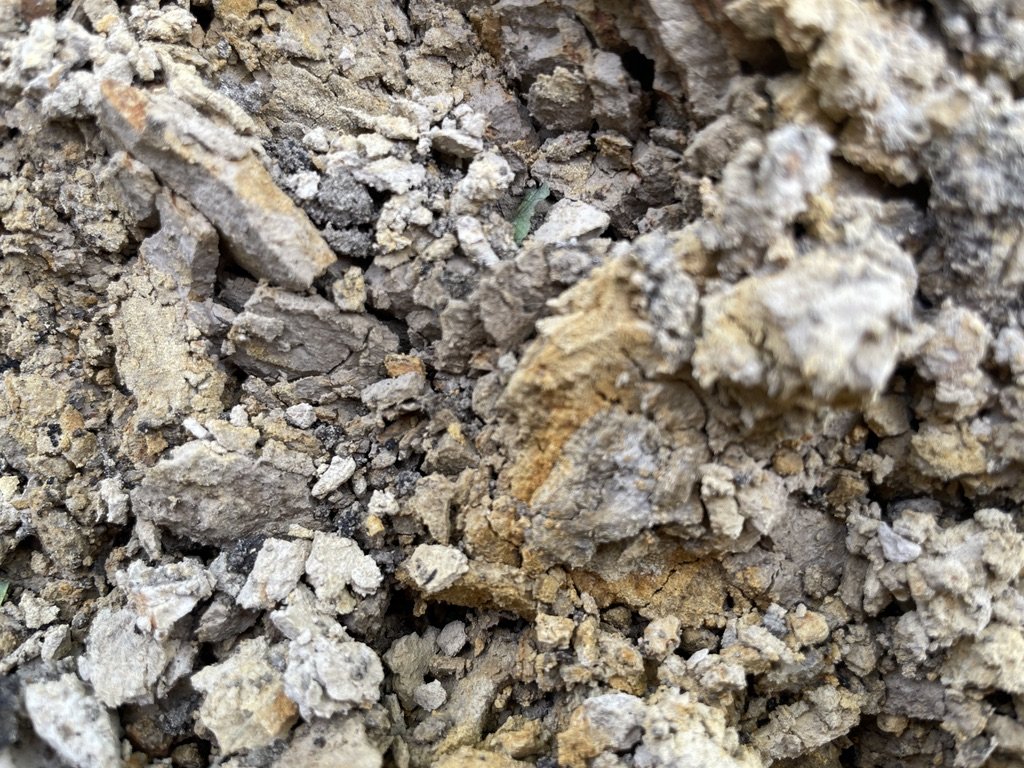About
Tanya Doody is an artist and researcher and is Assistant Professor in Studio Art at Western University (London, Ontario, Canada), situated on the banks of the Deshkan Ziibi and the traditional lands of Anishinaabek, Haudenosaunee, Lūnaapéewak, and Chonnonton Nations, sometimes referred to the Dish with One Spoon region. Her research explores objects, materials, and the senses together as a site of inquiry. Working with clay throughout the past three decades has included engaging with ceramics in academic and research-creation capacities, as an independent visual artist, and running a small business. Her practice investigates the ways in which our sense of touch can play a role in constituting a sense of well-being, and how our chosen materials as artists can have a central role in meaning-making. Her artwork spans performance art, object making, and land-based site-responsive practices rooted in sustainability. As a non-Indigenous researcher living and working on traditional Indigenous territories, she is mindful of cultural protocols and teachings embedded in Indigenous knowledge-systems and works to build relations. Currently she is researching and developing protocols and processes for artists working with local and naturally sourced materials in socially and environmentally sustainable ways, as part of her ongoing project The Earth Will Last Forever. This research asks us to orient ourselves to the Earth as our home and our mother and to engage with ‘materials’ with respect and reciprocity. She is part of the Abundant Intelligences network of researchers dedicated to interdisciplinary intercultural research methodologies, engaging with AI through an Indigenous lens. She is developing plans for a sustainable ceramics and earth materials lab (E4 Lab: Kahionhaktà:tye) at Western, and is a researcher with OTEKH, an Indigenous research-creation space. She serves on the board of the Museum of Ontario Archaeology, caretaker institution of the Lawson Site, where she engages with land-based practices that supports Indigenous-led initiatives in exploring traditional pottery making and firing methods.

